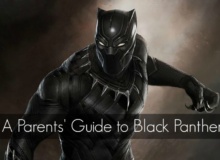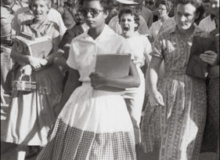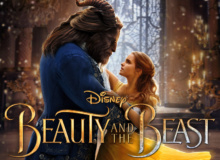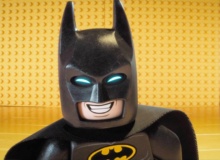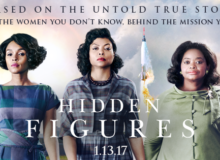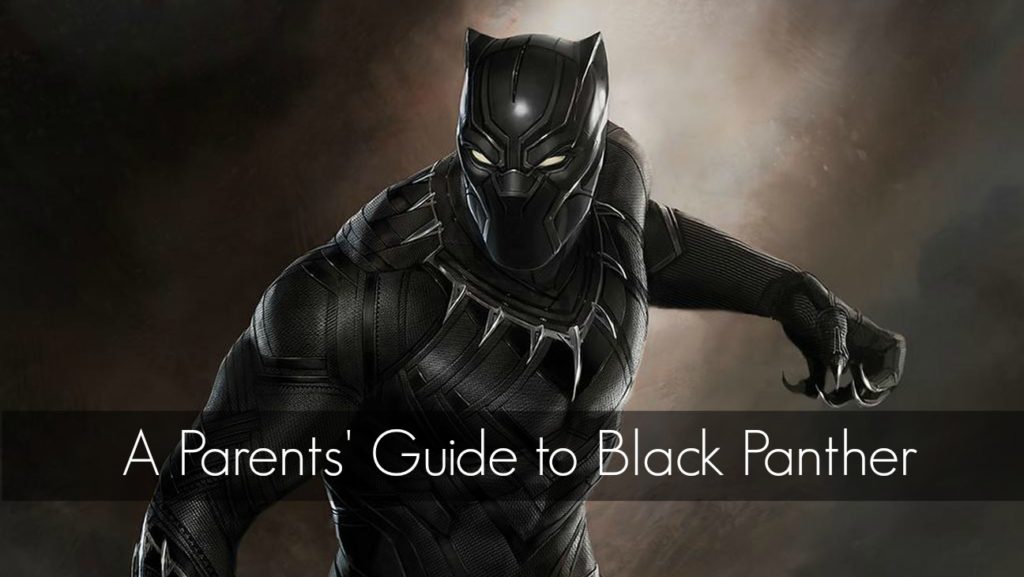
Black Panther: The Movie America Needs
The expectations for Marvel’s Black Panther film are high. The Black Panther comics have frequently touched on race relations, he fought the KKK in the mid-seventies, and the never-colonized Wakanda is seen as an allegory for real-world Ethiopia. The current run of the comics by journalist (The Atlantic, Time, The Village Voice) and best-selling author (Between the World and Me, We Were Eight Years in Power) Ta’ Nehisi Coates is highly acclaimed, and many have made comparisons of Coates’ T’Challa to Barack Obama. Lack of representation and whitewashing are finally becoming part of our public discourse, and our current political climate is not one that is friendly to black people (frankly, America, in general, is not friendly to black people). So in this world we’re in, how would Marvel – a company known for feel-good superhero romps, deal with a character that has been pretty political – he is the leader of a nation, after all – since his debut?
I think they did it really well. (The huge disclaimer here is that these are the opinions of a white lady.) Much of the film’s conflict revolves around how black people around the world are subjugated, denied resources, and kept down by their governments. The filmmakers did not shy away from calling out colonialism, the war on drugs, and other crimes committed against black populations. In Wakanda, the residents literally have to hide their culture to protect themselves. I imagine this is something that modern people of color feel that they have to do to be successful in a society that is dominated by white people and is frequently hostile to outward expressions of blackness.
In Black Panther, like in real-life America, Black Women Save the Day
My favorite part of this movie is that Black Panther doesn’t conquer any of the conflicts in the movie alone. He relies heavily on the women of Wakanda. The Dora Milaje, the King of Wakanda/Black Panther’s Royal Guards have been part of the mythos of Black Panther for the past twenty years. In the comics, they are Wakandas best women, chosen to be potential Queens for the King, and also to serve as highly trained guards. In the Black Panther movie, we don’t get a lot of background on who the Dora Milaje are, or what their history is – but what we do get is some serious ass-kicking by head guard Okoye. Okoye, like all of the female leads, saves the day more than Black Panther actually does. T’Challa’s sister, Shuri is a super-genius-Tony-Stark-like inventor who uses the Vibranuium that is so plentiful on Wakanda to create everything from a Mag-Lev transportation system to Black Panther’s suit. T’Challa’s former girlfriend Nakia is a Wakandian spy and forward-thinker who wants to push Wakanda onto the world stage so that it might use its plentiful resources to help refugees. Finally, Ramonda, Queen of Wakanda, T’Challa and Shiri’s mother navigates the space between grieving her fallen husband and advising/protecting her newly crowned son. This is an overtly feminist film, and I was so into it.
White Parents, This is Your Teachable Moment.
White parents: There’s a lot here to talk about socially with younger kids. If you are willing to have these conversations (and you should) by all means take them to see Black Panther. They will see a world where people of color are inventors, negotiators, loving family members, queens, and heroes, and that’s something all white kids need to be exposed to more of.
Things all parents will want to talk about include themes of integrity, of taking responsibility for your mistakes, loyalty, and choosing to do what’s right over what’s expected.
So, Can I Bring my Kid to See Black Panther?
The bad guys in Black Panther use guns – the real-life kind, not cartoony laser weapons. People get shot, sometimes in cold blood. There are bullet wounds. There is hand-to-hand combat during a large-scale fight. Characters we have come to care for die. A character chooses to die rather than be jailed.
So at what age can your kid see Black Panther? I think that if they have seen the other Marvel Movies, they’ll be fine. The motives of the bad guys are a little less clear-cut (they are even sympathetic sometimes), but this plot point could be the jumping off point for a good age-appropriate conversation about social justice. If you really need a hard-age limit, a mature 10 years old is probably about right.
Black Panther stars Chadwick Boseman, Michael B. Jordan, Lupita Nyong’o, Danai Gurira, Forest Whitaker, Daniel Kaluuya, and Angela Bassett. It is rated PG-13 and is in theatres now.


